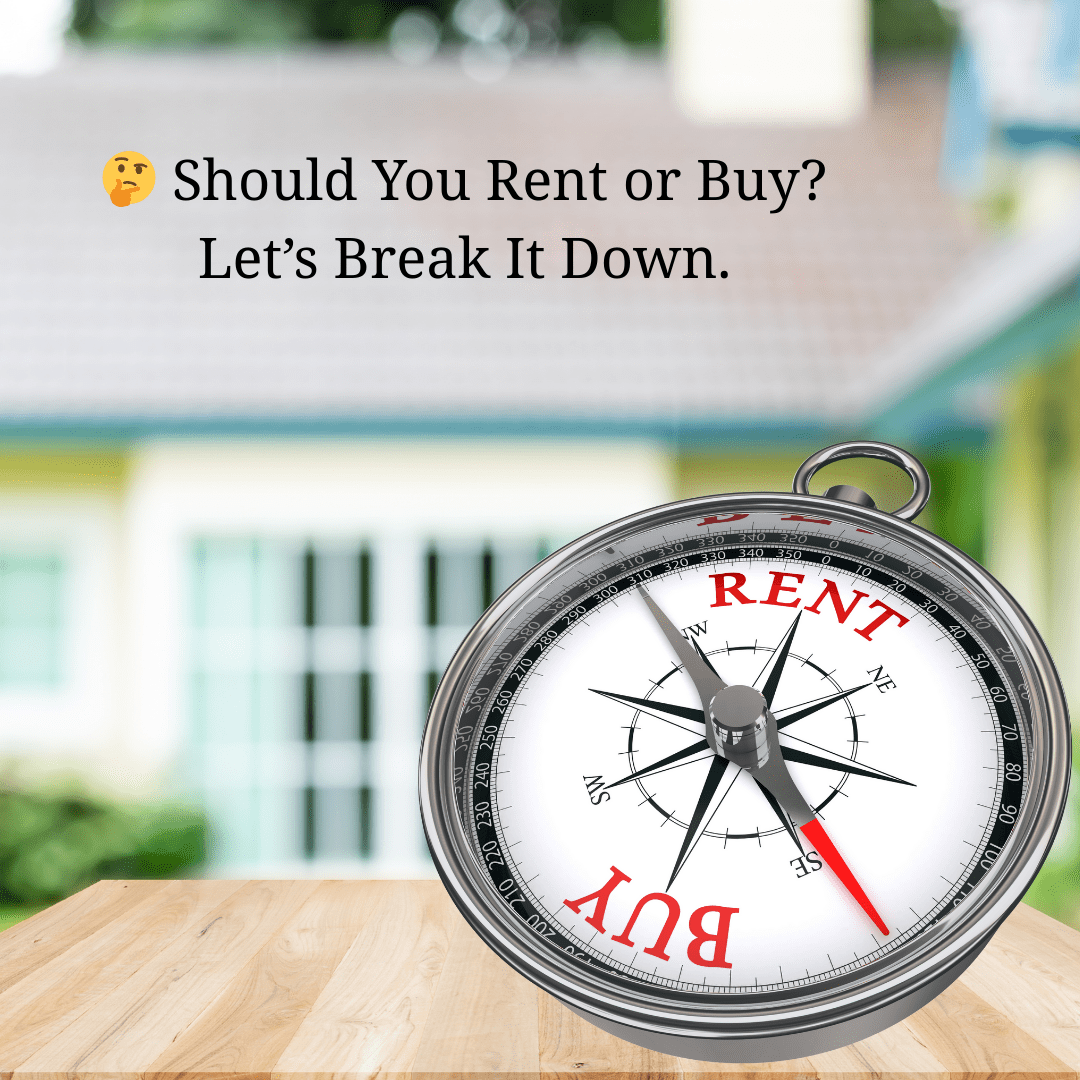As you are probably aware, one of the single greatest determining factors in whether you qualify for a mortgage — and the interest rate you receive — is your credit history.
I have met with clients who had not checked their credit report through Equifax Canada or TransUnion. Unfortunately, our school system does not teach anything about personal finance in their regular curriculum, so when it comes to understanding credit, there is a lack of knowledge.
Note: You should check your credit report every 6 months to a year, make sure that there aren’t any mistakes that could negatively impact you!
Many buyers don’t fully understand how important their credit score is… not just before approval, but all the way through closing day.
In fact, one of the most unsettling truths about mortgage financing is this:
Your credit can still impact your deal even after you’ve been approved and removed financing conditions.
Let’s break down why — and how to protect your home purchase.
Your Mortgage Approval Is Based on a Financial Snapshot
When you’re first pre-approved, your lender evaluates:
Your credit score
Your payment history
Your employment
Your income
Your debt-to-income ratio
Once your offer is accepted and you satisfy all lender conditions, you receive final approval of your financing condition. At that point, your offer becomes firm and you are legally obligated to close.
The mortgage instructions are then sent to your real estate lawyer, who prepares to:
Finalize the paperwork
Collect closing costs
Transfer funds (On the closing date)
Complete the legal transfer of ownership (On the closing date)
But before funds are released, one more critical step can occur…
Yes — Your Credit Can Be Checked Again
Many lenders perform a final verification prior to releasing mortgage funds. This can include:
Re-checking your credit report
Re-verifying employment
Confirming no new debts have been added
Ensuring no significant financial changes occurred
This final review confirms that your financial profile is the same as it was when you were approved.
If it’s not? Problems can arise.
What Can Jeopardize Your Mortgage Before Closing?
Here are the most common mistakes buyers make between final approval and closing day.
🚫 1. Opening New Credit Accounts
Applying for a new credit card — even for rewards points or furniture discounts — can:
Lower your credit score
Trigger a hard inquiry
Increase your available debt
Even small changes can affect your debt-to-income ratio or credit profile.
🚫 2. Financing a Car or Large Purchase
This is one of the most common (and costly) mistakes.
Buying a car, financing furniture, or taking on any new loan creates:
A new monthly payment
A higher debt-to-income ratio
Potential requalification issues
You may think, “I’m already approved — I’m fine.”
But if your debt increases before closing, your lender could reassess your file before advancing funds.
🚫 3. Missing Payments
Even one missed payment on:
A credit card
A car loan
A line of credit
Rent or existing mortgage
can lower your score and show up during final verification.
At this stage, your credit is just as important as your down payment.
🚫 4. Changing Jobs
Even after final approval, employment stability matters.
If you:
Switch employers
Move from salaried to commission income
Enter a probationary period
Change industries
Your lender may need to reassess your income before releasing funds.
Of course, if you receive a promotion within the same company and there is no probation, this would not have an impact, especially if it comes with an increase in salary.
If a job change is unavoidable, speak to your lender immediately.
A Real-World Example
Let’s say you:
✔ Made an offer
✔ Were approved for financing
✔ Removed all conditions
✔ Met all lender requirements
Then you go out and buy new furniture for your home on a credit card.
That increase in debt could alter your debt-to-income ratio.
If your credit profile changes enough, you may no longer qualify under the lender’s guidelines.
In extreme cases, this can prevent the mortgage funds from being released — leaving you legally obligated to complete a purchase without financing in place.
That can lead to serious financial consequences and even legal disputes.
The Simple Rule: Financial Freeze Until Closing
Between final mortgage approval and closing day:
✔ No new credit
✔ No major purchases
✔ No missed payments
✔ No job changes
✔ No large unexplained deposits
Think of this period as a short-term financial “freeze.”
Your mortgage was approved based on a specific financial picture. Keep that picture unchanged until the deal is fully closed and funded.
Final Thoughts: Protect Your Purchase
Your credit history is one of the most powerful tools in home financing — and one of the most fragile during a pending purchase.
Even after final approval, your lender must feel confident that nothing has changed before releasing funds to your lawyer.
If you plan on spending money that isn’t cash and isn’t already allocated for your down payment or closing costs, talk to your broker first.
A quick conversation can prevent a devastating mistake!












